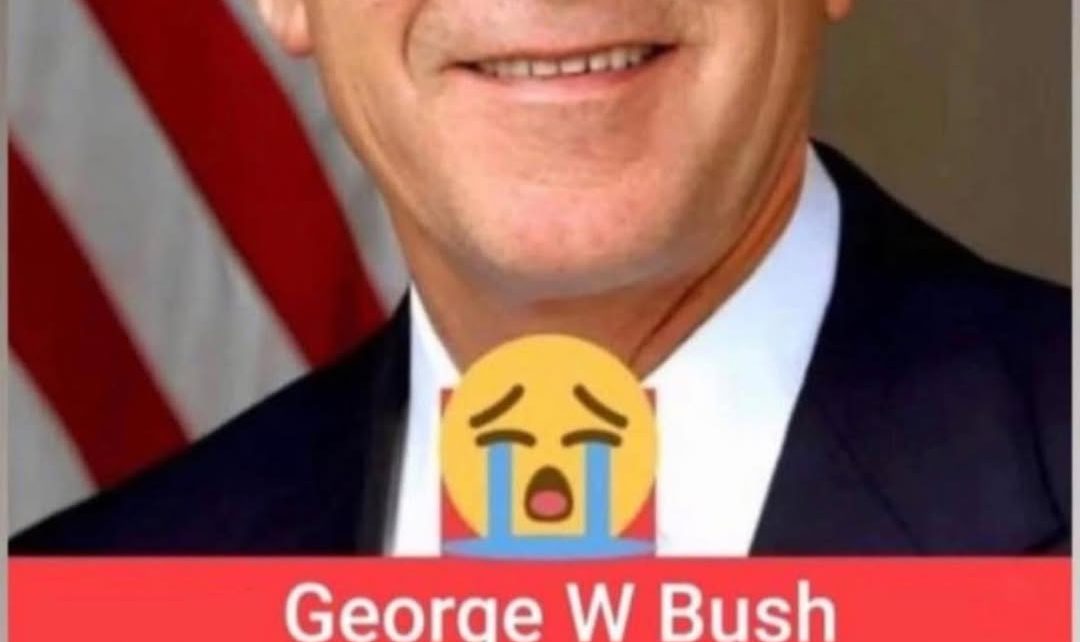A tense legal showdown is unfolding between the Trump administration and Illinois state leaders after a Biden-appointed federal judge gave the White House just 48 hours to justify the president’s decision to send National Guard troops into Chicago.
The rare order came late Monday from U.S. District Judge April Perry, who was appointed by President Joe Biden in 2022. Judge Perry’s ruling adds a new layer of urgency to an already explosive political battle over federal power, state sovereignty, and public safety in one of America’s most troubled cities.
At the heart of the dispute is whether President Donald Trump has the constitutional authority to deploy National Guard forces in a state whose leaders openly oppose the move. The clock is now ticking — and the nation is watching closely.
A 48-Hour Ultimatum from the Federal Bench
In her late-night order, Judge Perry gave the Trump administration until 11:59 p.m. Wednesday to submit a full legal justification for the troop deployment. She also set a Thursday afternoon hearing to review the administration’s argument.
For now, the judge declined to issue a temporary restraining order, meaning Trump’s plan can proceed while the legal process unfolds.
According to federal officials, about 200 Texas National Guard members are expected to arrive in Chicago by Wednesday morning. The troops are being sent to assist federal agents in high-crime neighborhoods and to bolster immigration enforcement in the city, which has struggled with rising violence and ongoing tension over its “sanctuary city” policies.
The White House says the troops are there to support, not replace, local law enforcement. But Illinois leaders see it very differently.
Illinois Pushes Back: “An Unlawful Act of Political Retaliation”
The legal challenge was filed by Illinois Attorney General Kwame Raoul, backed by Governor J.B. Pritzker and Chicago Mayor Brandon Johnson. Their lawsuit argues that Trump’s deployment of troops is politically motivated and unconstitutional, claiming it represents “an unlawful act of political retaliation” against a state that has often clashed with the administration.
“The American people should not live under the threat of military occupation simply because their city leadership has fallen out of favor with a president,” the lawsuit stated.
Governor Pritzker didn’t mince words when addressing reporters on Tuesday. “This administration is following a familiar playbook — stir chaos, create fear, and then use it as justification to send in troops,” he said. “Illinois will not be used as a campaign backdrop.”
Attorney General Raoul echoed those concerns, accusing Trump of misusing the Insurrection Act — a rarely invoked 19th-century law that allows a president to deploy military forces within the United States during times of rebellion or unrest.
“There is no insurrection in Chicago,” Raoul declared. “There is only a president abusing his power.”
Trump Defends His Decision: “We’re Protecting Americans”
President Trump, however, stood firm on his decision, saying that the situation in Chicago had reached a point where federal intervention was necessary.
“We have an Insurrection Act for a reason,” he told reporters Tuesday. “If people are being killed and local officials are refusing to act, I won’t hesitate to use it. We’re not waiting around while Americans suffer.”
The president described the deployment as a lawful, temporary measure aimed at curbing violent crime and assisting federal immigration enforcement.
“This is about law and order,” Trump said. “We’re protecting Americans in communities that have been ignored for too long.”
His administration maintains that the decision falls within the president’s constitutional powers under Article II, which grants the executive branch broad authority to enforce federal law.
Chicago on Edge Amid Rising Tensions
The legal clash comes as tensions rise on the ground. On Monday evening, demonstrations erupted outside a federal immigration facility in Broadview, a suburb of Chicago.
According to reports, federal agents used pepper balls and tear gas to disperse protesters who were blocking access roads. More than a dozen arrests were made after several hours of confrontation.
Governor Pritzker accused federal agents of using excessive force, calling their actions “thuggery” and alleging that some U.S. citizens were mistakenly detained. “This is a premeditated escalation designed to provoke violence and justify military intervention,” he said.
Homeland Security Secretary Kristi Noem sharply rejected those claims, calling them “baseless.”
“Grow up and start protecting your own citizens,” Noem told reporters. “Federal law enforcement is stepping in because Illinois officials have refused to do their jobs.”
Noem described Chicago as “a war zone” — a term that sparked outrage among local leaders but underscored the federal government’s argument that the city’s problems demand urgent action.
The Legal and Constitutional Stakes
Judge Perry’s order now places the question of presidential authority squarely before the courts. Legal experts say the upcoming hearing could carry major implications for the future of federal power within the United States.
“If the court limits Trump’s authority here, it could restrict future presidents from deploying troops domestically, even during times of crisis,” explained Harvard Law Professor Alan Dershowitz. “But if the court upholds it, it would reaffirm the president’s broad discretion under the Insurrection Act and Article II of the Constitution.”
The Insurrection Act, first enacted in 1807, has been used sparingly throughout U.S. history. Past presidents have invoked it during times of national unrest — such as the civil rights crises of the 1960s — but always under extraordinary circumstances.
Whether Chicago’s current situation meets that standard remains at the center of the legal fight.
Political Fallout for Both Parties
Beyond the legal questions, the case has also become a flashpoint in the broader Trump-Biden political divide.
For Trump, the deployment aligns with his longstanding message of restoring law and order in cities plagued by violence. Supporters argue that it shows decisive leadership at a time when many Americans feel unsafe.
Critics, however, say the move risks inflaming tensions and eroding state authority. Democrats see it as a deliberate provocation aimed at highlighting divisions between red and blue states ahead of the next election cycle.
“This is politics wrapped in the language of public safety,” one Illinois lawmaker said. “It’s about optics as much as it is about law.”
Still, polls show that public concern about crime remains high, particularly among older Americans who lived through the turbulent decades of the past. For many, Trump’s tough-on-crime stance continues to resonate, even as legal challenges mount.
Inside the White House: “This Is About Safety, Not Politics”
White House Press Secretary Karoline Leavitt defended the decision, insisting that the mission was limited and focused solely on public safety.
“This is about safety, not politics,” Leavitt said. “President Trump will always stand with law enforcement and the American people. Our only goal is to protect lives and uphold the rule of law.”
She emphasized that the National Guard’s presence in Chicago is temporary and will remain under federal command, working in coordination with local police departments.
“The president believes the federal government has a duty to step in when state officials fail to maintain order,” Leavitt said.
A Defining Moment for Executive Power
As Wednesday’s deadline approaches, both sides are preparing for what could be a landmark courtroom battle. The Justice Department is expected to argue that the deployment is fully authorized under federal law, while Illinois will claim it violates the Constitution’s balance between state and federal authority.
Whatever Judge Perry decides, her ruling will likely echo far beyond Illinois. Legal scholars say the case could set precedent for how future presidents — regardless of party — may respond to crises within individual states.
For now, the order stands: the Trump administration must deliver its defense by midnight Wednesday, or risk a potential injunction halting the deployment.
Trump, however, remains unmoved. “They can sue all they want,” he said late Tuesday. “We’re going to keep Chicago safe. We’re enforcing the law and protecting Americans — that’s what a president is supposed to do.”
As the hours tick down, the standoff between state and federal power has become one of the most closely watched tests of leadership in recent memory.
For many Americans — especially older voters who have witnessed decades of political conflict — this moment feels like history repeating itself, with new faces and higher stakes.
Whether it ends as a victory for presidential authority or a rebuke of executive overreach, one thing is certain: the eyes of the nation are now on Chicago.




